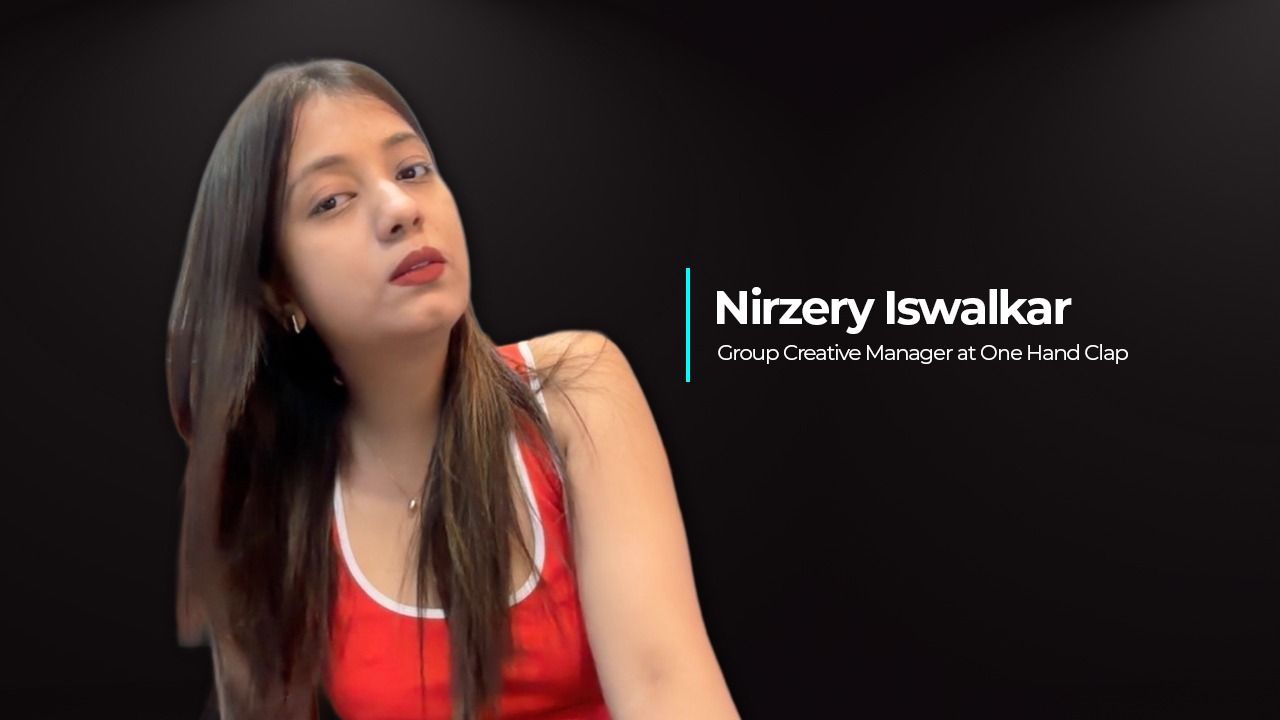A millennial’s take on Gen Z and agency life

When I first stepped into agency life, I didn’t walk in with expectations. I didn’t know what culture meant, not in the way we talk about it now.
Work was just…work. You showed up, did your best, kept your head down. And honestly, I was okay with that. Because my first agency felt safe. Structured. Warm. The kind of place where I learnt quietly by doing.
Then, a few years later, I walked into a very different setup. It was younger, faster, lighter on structure, with far more autonomy than I’d ever had. I was suddenly the oldest person in most rooms. And today, I manage a team made entirely of Gen Z.
It’s been… refreshing. Confusing. Eye-opening. All at once.
They walk in with language I didn’t have at their age. Direct. Unfiltered. They ask “why,” and a lot of the time, it’s fair. Just because we followed the rules doesn’t mean they still make sense.
Here’s what I’ve come to respect:
They don’t bottle things up.
If something feels off, they’ll name it.
If something feels unfair, they’ll call it out.
That kind of honesty, when channelled well, softens the air.
Work isn’t supposed to be theatre. You don’t have to perform being okay. Being human doesn’t cancel out being professional. And for reminding us of that, they deserve credit.
They’ve brought vulnerability to the table in ways I hadn’t seen earlier. Or maybe, in ways we weren’t allowed to show.
That said, emotional honesty doesn’t always mean saying the first thing that comes to mind. One of the biggest lessons is learning to zoom out before you respond. Emotional regulation isn’t generational. It’s just a muscle. One you build, fail at, and hopefully pass on.
I’ve lived through it.
I’ve had breakdowns, the kind that make you wonder if you’re even cut out for this. Agency life has a reputation. You’ve seen the memes. You suck it up. You learn. You laugh it off with your coworkers. You stay.
Even back then, people knew what didn’t feel right. Some even called it out. But it was quieter. More cautious.
Both agencies I’ve been a part of gave me the space to name what didn’t sit right. Now, more people are doing the same. Drawing lines.
So here are some things I’ve picked up. Not from some epiphany, just by watching people around me stop playing along.
-
Access shapes output. In our field, the mind’s already noisy. Being shut out only makes it worse. But when access is a part of the culture, to leadership, managers, even just your team, it shifts things. It’s more collaborative. Less power-trippy. More actual work, less faff. You feel seen, and that alone changes how you work.
-
Trust people with ownership. You can’t expect accountability without giving control. I’ve seen people show up fully, not because they were obligated, but because they were trusted. Not breadcrumbed with half-info. Not cc’d for the sake of it. Trusted. Give people ownership, and they’ll care. Gatekeep it, and they won’t.
-
We’ve outgrown the optics. I’ve done the whole “stay late to look committed” routine. Wore burnout like a badge. I’m glad it’s being called out. If the work’s done early, it’s okay. Some days will be packed. Some won’t. Back then, I remember hearing, “Mere family ne meri shakal nahi dekhi hai itne dino se hahahaha.” Said like it was normal. Part of the grind. It passed for commitment. Now? It just sounds broken.
-
Feedback isn’t a power move. The kind that stuck with me never came from authority. It felt like someone passing the mic, not grabbing it. My managers gave direction without pulling the ‘I’m senior, so I’m right’ card. Now, there are more ‘whys’ in the room, and that’s a good thing. The job is to shape the idea, not bulldoze it.
-
Take your leave. Plan it. Take it. Don’t over-explain. If the system collapses because you went to Goa, that’s not a compliment. It’s a design flaw. Rest. Log out. That’s part of the job too.
-
Culture flows top-down, but sustains bottom up. You could be in a super chill agency overall, but still feel invisible if your immediate team lacks emotional awareness. Culture feels different in every room, even under the same roof. I’ve seen teams run on structure. I’ve seen teams run on fear. One builds culture; the other builds attrition. I had managers who didn’t need to break me to teach me. That shouldn’t be rare, but it is. High standards don’t need low empathy. We’ve all seen the difference. Let’s not pretend we haven’t.
-
The good ones make it better. Some of the best work I’ve been part of happened because of the people on the other side. The clients who showed up with intention, clarity, and kindness. The ones who made space for collaboration, trusted the process, and believed in the people in the room. That kind of partnership? It brings out the best in everyone.
Honestly, agency life will chew you up… if you let it. This industry is fast. Of course it is. That’s part of the beast. Nature of the business, whatever. But some things still need to change.
As a millennial, I still slip into old habits. Overthinking. Overworking. Hustling on weekends like it’s cute.
But we’re unlearning. Slowly. Messily. Hopefully.
If you see us slipping, say something.
We want better too. We’re figuring it out. And sometimes? We still get it wrong. But at least now, we say it out loud.
This article is penned by Nirzery Iswalkar, Group Creative Manager at One Hand Clap
Disclaimer: The article features the opinion of the author and does not necessarily reflect the stance of the publication.
News